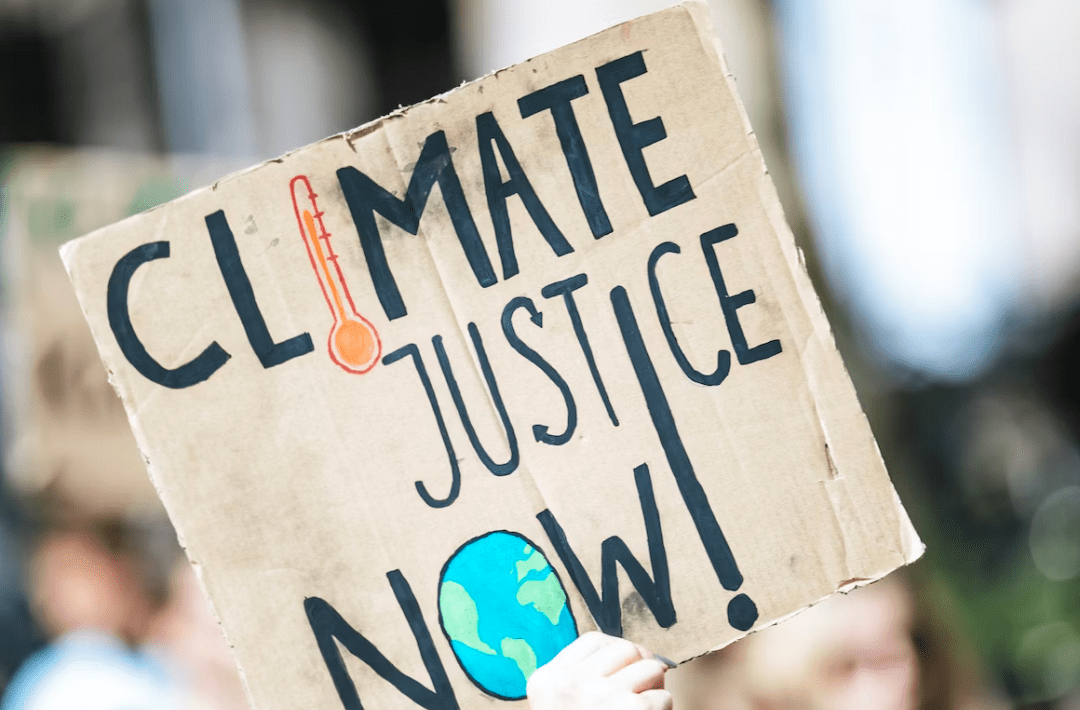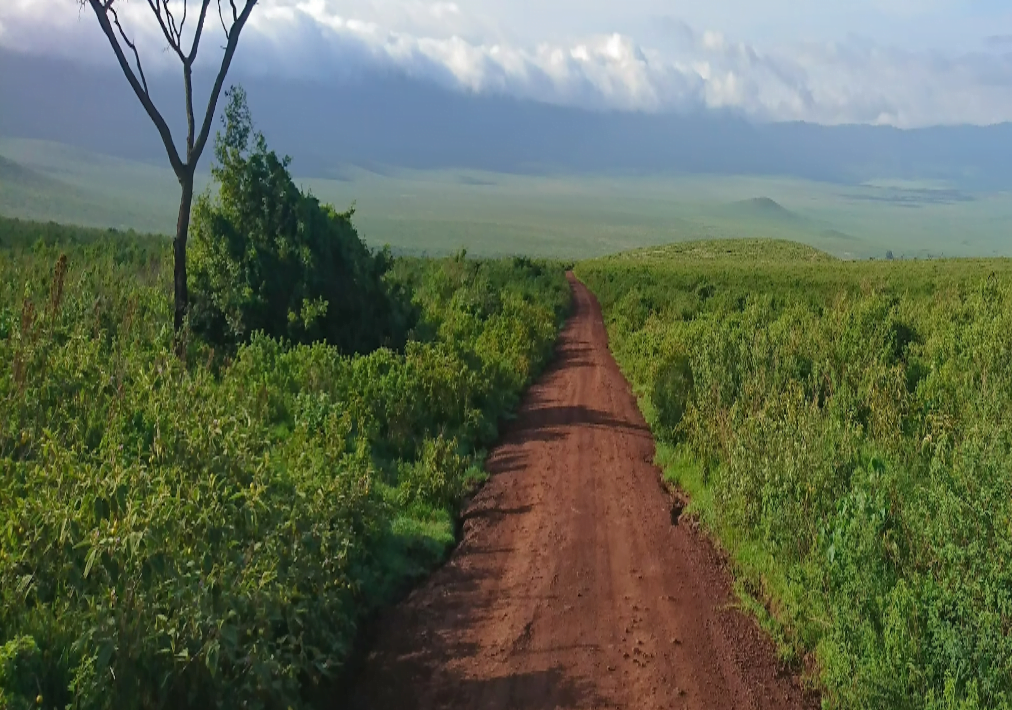GUEST FEATURE: Have We Abandoned Development? – Insights From FfD4
Valentin Chavanne is a UNFCCC Youth Delegate for Austria and attended the 4th International Conference on Financing for Development hosted by the United Nations in Seville, Spain. FFD4 brought together global leaders, economists and development experts to advance dialogue on mobilising sustainable financing for development in line with the 2030 Agenda.









